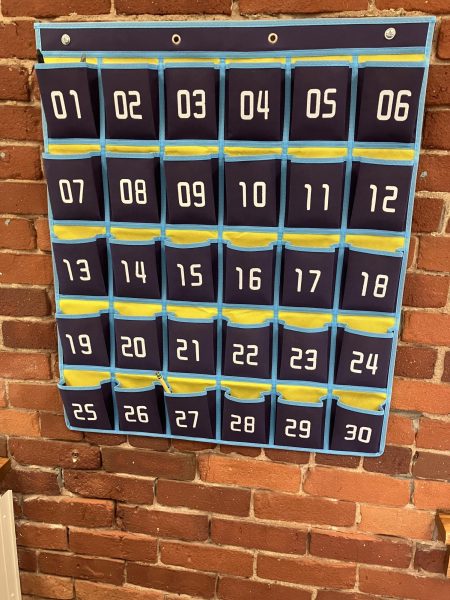The Death of Sick Days
Taking a day off is a luxury that most people at Williston feel they do not have. Over 94% of Williston students and faculty reported that they go to school or work despite being sick.
“It’s too easy to fall behind,” wrote Cameron Hill ’15. This sentiment was echoed in many responses to a recent survey sent out to Williston students and faculty. “If I miss [school], it creates more work for me when I come back,” wrote another responder.
With an average amount of 5.4 days sick and only one day of work or school missed, Williston students and faculty are true to their word. The stress created by the work and activities that are missed outweighs the benefits of taking a day off.
The main reasons for refusing to take a sick day included: a fear of falling behind, a fear of missing sports or other activities, and the knowledge that, after the fact, it is more work to stay home.
“I think kids at Williston are too involved and dedicated to their craft, both academically and athletically, so taking days off doesn’t exist,” wrote Kyle Doucette ’16. As a varsity athlete, Doucette added, “I can’t miss sports or get behind on schoolwork.” In other words, missing school is something that Doucette and many other students at Williston simply don’t have time for.
At Williston students and faculty are on schedule 24/7, and the slightest discrepancy can be devastating. JJ Celentano ’16 wrote, “I missed [three] days of school in a row and I spent around [two and a half] weeks making up the work I missed.”
Head of Health Services Carrie Meyers R.N. remarked on the stress that people at Williston feel to complete all of their commitments. “From my perspective, students and faculty don’t take sick time because of the pressure they feel from peers and administration,” she stated.
The fear of letting your team down or falling behind is very real to the students who miss classes at Williston. “The pressure on students for the work they will have to makeup is a constant worry when they are ill [at Health Services],” Meyers noted.
“This winter we have had several kids spend a few days [at Health Services], wanting to go to class, and we wouldn’t let them.” With a plethora of surfaces and the germs that they can transmit, sometimes students are held at Health Services despite their protest. But the fact that there is any protest at all goes to show that getting well is not the first item on everyone’s agenda.
Pressure is felt by almost everyone at Williston to avoid missing school at all costs. Health Service’s job is to determine the line between being sick and being too sick. When the illness may be spread to others throughout the community, it is time to take a day off, regardless of how hard it may be.







